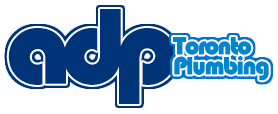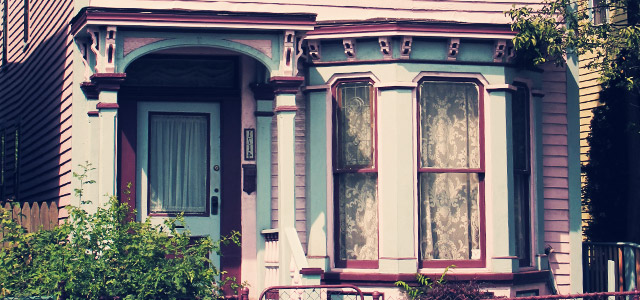There are lots of reasons why you might want to schedule a professional inspection for your home by a qualified Toronto plumbers. Whether you suspect that you have problems in the pipes, are buying or selling a home or simply following best practices by having an annual check-up, your residential plumbing inspection involves a number of specific processes.
Here are 6 things you can expect your plumber to check during an inspection.
#1: Supply Lines
Locating the home’s water meter and the pipes that carry water from the municipal supply to the faucets is vital. Once your plumber finds the water source, he will shut off the water to the house using the shut-off valve. Next, he’ll check whether any water comes out when a faucet is turned on in the home. If it does, it means the valve isn’t secure and this could cause all sorts of problems—including high utility bills.
#2: Water Pipes
Your plumbing contractor will also check the size of the water pipes that determine the water pressure, to make sure you’re getting adequate flow. He (or she – let’s not generalize here) will examine the condition of the water pipes to see if they contain toxic substances. Toronto still has homes built before 1986 that have lead or galvanized water pipes, which need to be replaced with safer materials by law, and the City offers subsidies to help cover the cost.
#3: Leaks
Water leak detection is a regular pastime for Toronto plumbers as well as providing advice on preventive maintenance. It’s no longer necessary to break open your walls or dig up your yard to find water leaks. Nowadays, to find water leaks your plumber may use tools such as:
- Specialized listening devices that provide detect acoustic signals
- Ground probing tools such as closed-circuit cameras
- Infra-red thermal imaging, which identifies the differences in temperature caused by the presence of water in the walls
#4: Drains
Drain camera inspections are vitally important for making sure that your drains aren’t at risk of backing up as a result of tree roots growing through the drain wall, or the accumulation of garden debris in the drain. The plumber uses sophisticated CCTV equipment to inspect your drains and documents the footage on DVD or a flash drive for your records. The camera is sensitive enough to be able to detect potential problems before they occur, such as structural cracks which could lead to a collapse and blockage.
#5: Hot Water Heater
Your hot water heater should be inspected at least once a year to make sure all the joints and seals are secure and no water is leaking out onto your basement floor. Your Toronto plumbers will also check that the thermostat is working effectively and listen for mechanical sounds that might indicate a problem.
#6: Sewers
The pipes carrying the wastewater from your home down to the municipal sewers are equally important, partly because of the load they transport daily. A backed-up sewer can be particularly nasty, and if your backflow prevention valve isn’t in tip-top condition you could end up with a basement flooded with, well – sewage. Not only is this messy and expensive to clean up, but it can present a health hazard for your family in the process.
A plumbing inspection is like an extended warranty on your fancy new laptop. It might seem unnecessary at the time, but the day you have a problem you’ll wish you’d paid for the prevention instead of having to fork out for the cure.

